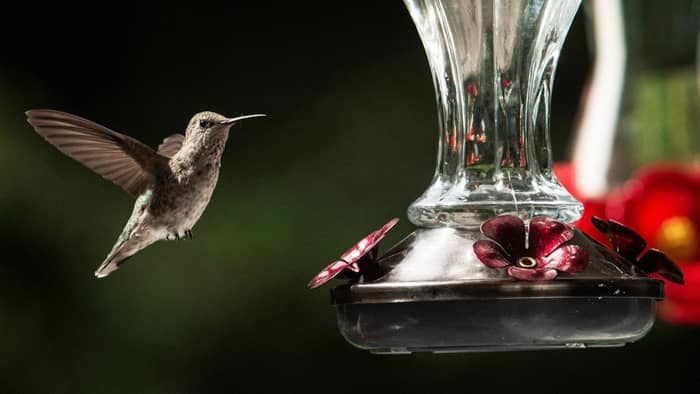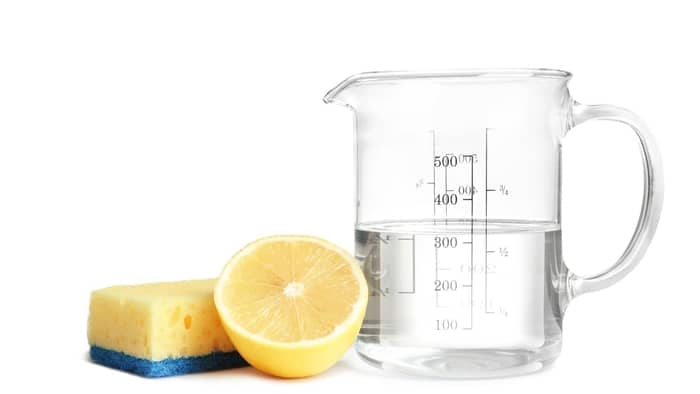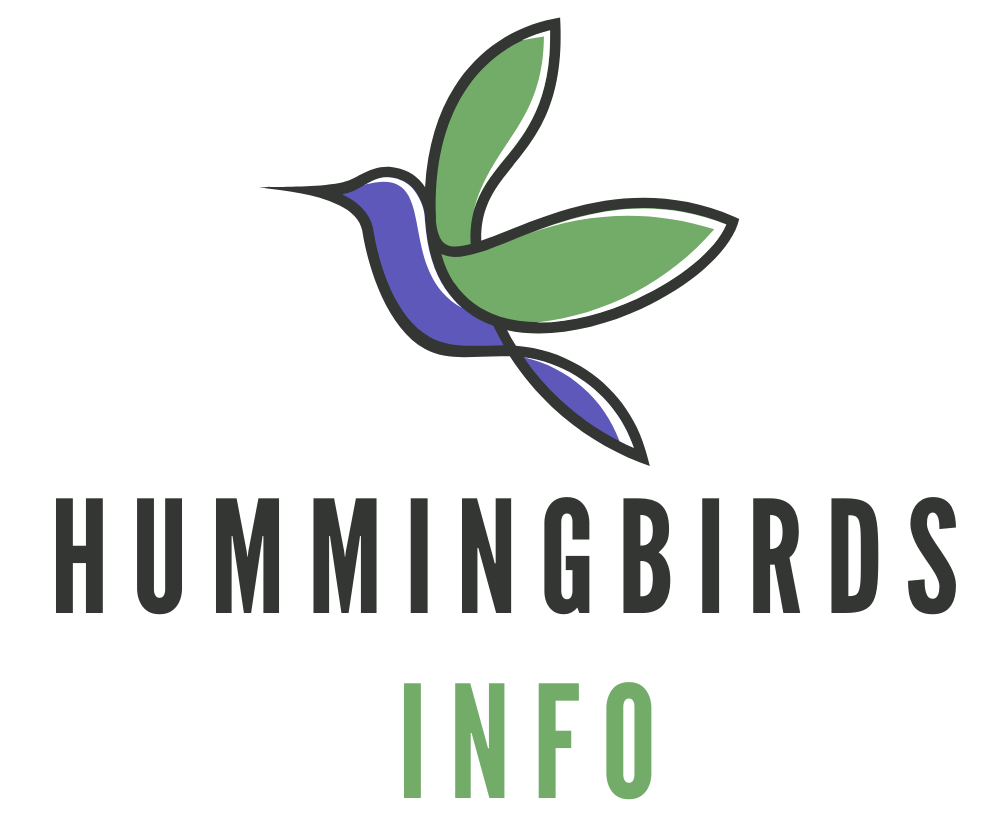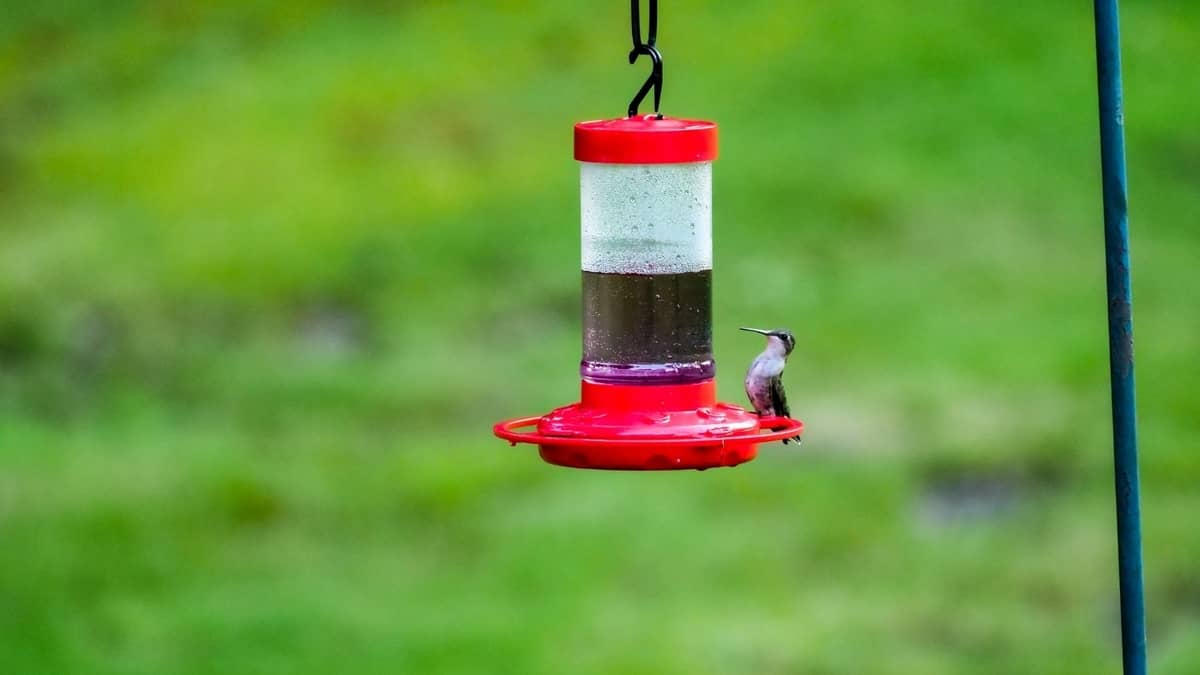Unclean feeders can predispose your sweet hummers to illness and may even cause death. This is why you should know how often to clean your hummingbird feeder for them to live healthily.
Hummingbird’s diet consists of nectar solution that birds make from sugar and water. This sugar solution tends to ferment or spoil as time goes on especially during hot weather. This is why you need to always keep a clean feeder and replace nectar solution at appropriate times as hummingbirds only enjoy fresh and clean nectar.
Maintaining a clean feeder not only keeps your hummingbirds healthy, but it will also keep away unpleasant invading insects that hummingbirds don’t like to have around.
So, let’s look into how often to clean hummingbird feeder so we can always provide our sweet hummers with fresh and healthy nectar solutions.
Why Clean Hummingbird Feeder?
We cannot but emphasize how cleaning your hummingbird feeders will help keep your hummers safe from illness and provide fresh-tasting nectar solutions.
Cleaning hummingbird feeders will as well keep uninvited insects such as bees, wasps, yellow jackets, ants, and so on. These unpleasant insects can invade your feeder and may cause hummingbirds to abandon that feeder which may reduce hummer’s visit to your yard. We definitely do not want this to happen.
Also, cleaning hummingbird feeders can help keep off the obnoxious mold that may build in your feeder. Mold in a hummingbird feeder can make your sweet hummers sick which is why you need to clean them properly.

How Often To Clean Hummingbird Feeder?
Maintaining a clean hummingbird feeder is the key to offering your hummers a healthy lifestyle and keeping them happy. Ideally, you should clean your hummingbird feeder between 1 to 6 days and this will mainly depend on the outside temperature.
The hotter the temperature, the faster unpleasant bacteria grow in your feeder. If the outdoor temperature tends to be hotter, it is required for you to clean and replace your feeder more often. This will prevent the nectar solution from spoiling, building mold, and bacterial growth.
Also, bacteria and microorganisms promote fermentation. These microorganisms change sugar in your nectar solution into alcohol and this alcohol will be too strong for a hummingbird’s liver to handle.
Ideally, if the outdoor temperature is in the low 70’s or under, your hummingbird feeders can be left for about 3 to 6 days. However, when the outdoor temperature hits 90’s, then that’s the time daily cleaning and refreshing may be required.
Furthermore, we recommend you have multiple feeders if possible. You can simply fill them up with nectar solution and store them up in the fridge. Then when it’s time to replace your nectar, you can simply bring the stored feeder and hang it. This should relieve the stress of cleaning your feeders immediately after you replace them.
Let’s further look into how frequently your hummingbird feeder should be cleaned and replaced.
How Often Should You Change Hummingbird Food & Clean Feeder?
Your hummingbird food should be cleaned and replaced once you notice any of the following signs:
- If the odor of the nectar is too sour or too, sweet, that’s a sign for replacement and cleaning.
- If you notice any mold growing inside the reservoir or around any part of the feeder ports, it’s time for cleaning and replacement.
- Any cloudy, stringy, milky, or floating particles seen in your feeder should be cleaned and replaced.
- Any sticky or crystallized residue surrounding the port can make it difficult for a hummingbird to put its beak into the feeder and drink. This mostly happens with feeders that are upside down. So, when you notice this, you should clean and replace your hummingbird feeder.
- Also, if you have more hummingbirds visiting your feeders, it is only ideal you clean them up and refill them to provide more refreshing nectar. More visit means your feeders emptying faster.
Another important point to note is that anytime you refill your feeders; they should always be cleaned even if they still look clean. It’s not ideal to just top it off with the old nectar or refill without cleaning. The old nectar solution should be discarded so take always take in your feeder to clean in-between refilling and replace with fresh ones.
Tips To Cleaning Hummingbird Feeders
To clean your hummingbird feeder, flush out the old feeder solution and take apart the feeder component. Most feeders can be dismantled so this will give you ease of cleaning. Then run the feeder under warm tap water.
Never make use of soap to wash your feeder. This is because it’s thought that hummingbirds can taste the residue of this soap and they won’t like it. Also, soap residue can affect the stomach lining of hummingbirds.
Here are more ways you can safely and successfully clean your hummingbird feeders:
How To Clean Hummingbird Feeder With Vinegar
The use of vinegar to clean your hummingbird feeder can do a better and safer job than using unsafe soap.
To clean with vinegar, fill up your hummingbird feeder with 2 parts of water and 1 part of vinegar then allow it to soak for several hours. Then go ahead and wash thoroughly and allow them dry. Once they are dry, fill up your hummingbird feeder with nectar solution.

Cleaning Hummingbird Feeder With Brush
If you don’t wish to make use of vinegar, you can simply use a brush. You can make use of a bottle brush to thoroughly clean any hidden parts.
Final Note
Generally, it is required you clean and replace your hummingbird feeder every 3 to 5 days. It should also be clean at least once per week. However, how often you should clean your hummingbird feeder majorly depends on the temperature outside.
If the outdoor temperature is around 70 to 80 degrees Fahrenheit, you can clean and replace feeders every 3 to 6 days. But when the outdoor temperature is over 80 degrees Fahrenheit, cleaning and changing feeders should be done twice weekly or even every day.
You should also consider other factors or sign you notice on your feeders. If you notice mold, cloudy or sticky substance in your feeder, it’s a sign for immediate cleaning and replacement.
Read more about Keeping Ants Off Hummingbird Feeder

